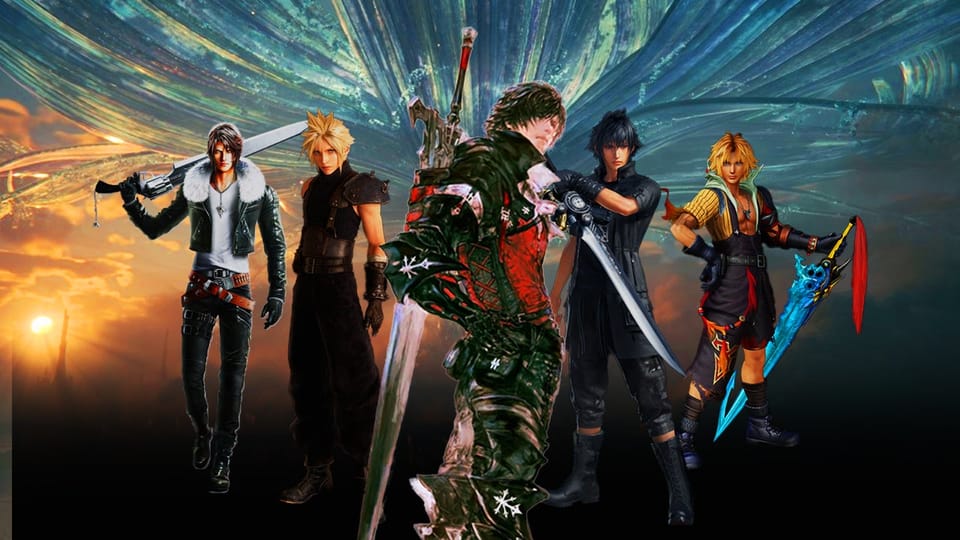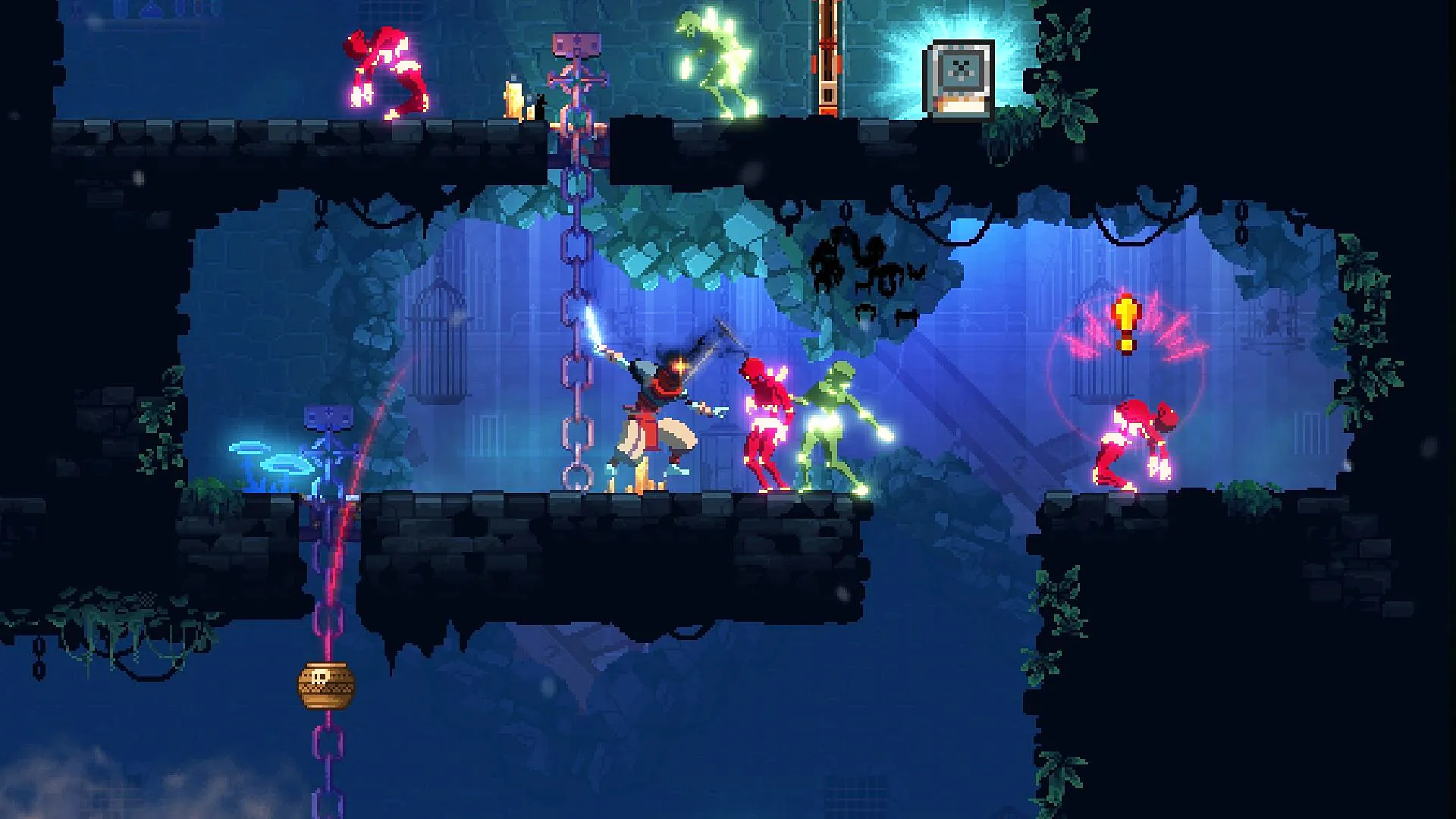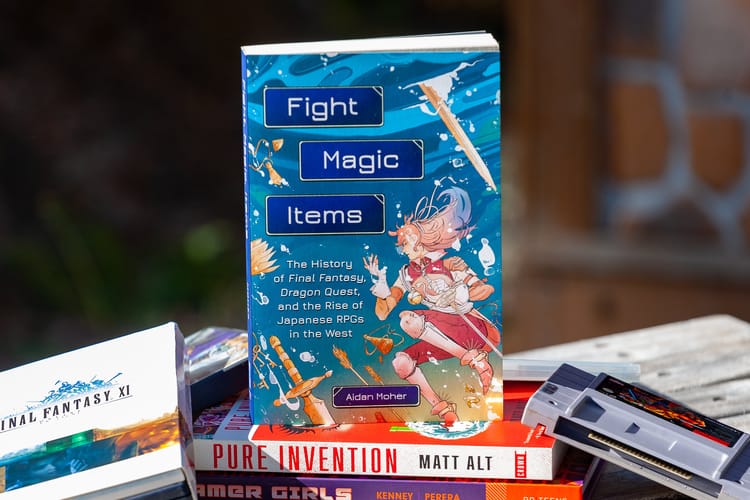I wrote a thing! Final Fantasy XVI Edition

How Final Fantasy XVI Redefines the Series Again (And Don't Call It a JRPG)
Y’all, I made my debut today on IGN, and it’s a doozy. “How Final Fantasy XVI Redefines the Series Again (And Don't Call It a JRPG)” is a an in-depth feature examining how change has been Final Fantasy’s only constant, what it means to be a “Final Fantasy,” and how terms like “JRPG” are useless at best and harmful at worst when used as binary labels for games.
Like Theseus's ship, Japanese RPGs have changed parts many times over the years. New systems installed, old parts improved. Many of the genre's hallmarks were born from technical limitations at the time, but as home gaming consoles have grown stronger, those limitations have vanished, leaving creators constrained only by their vision and inspiration. So, at what point does Final Fantasy—a series that help define the popular western notion of a "Japanese" RPG—stop being a Japanese RPG and become something else? Or does it, simply by being a Final Fantasy title, redefine the term itself?
…
"JRPG" is a vibe. It's a feeling. It's a matrix of inspirations and goals. It's a broad, expanding, and diverse set of themes, inspirations, narrative/gameplay structures that can be used to understand games, but shouldn't be used as an arbitrary label to put them in a clearly defined box.
Nearly 4,000 words, this feature goes through Final Fantasy’s history examining many (but not all!) the ways it’s changed and evolved with new releases, new creative teams, and new goals.
Though I actually wrote the bulk of this a couple of months, it nicely taps into the resuscitated discourse about the “JRPG” label, spurred by Kazuma Hashimot’s wonderful deep dive for Polygon into its history, usage, and fluid definition: “The ‘JRPG’ label has always been othering.”
He wrote:
While the “Japanese” aesthetic has come back en vogue — and JRPGs have become a favored genre — it can just as easily fall out of favor among Western audiences once again. Even as the term itself remains contentious, being both used as a negative and positive descriptor even among Japanese developers, we are once again watching the cycle continue. It is still a term that “others” Japanese RPGS — whether the term is a source of discrimination, or signals an aesthetic to be fetishized. As non-Japanese audiences remain newly enamored by franchises like the distinctly Japanese Yakuza series, and in historical action games like Nioh and its subsequent sequel, or even the heightened interest in the Final Fantasy series with Final Fantasy 16 looming on the horizon, it’s interesting to see how long this will last.
Additionally, I was able to speak with Final Fantasy XVI producer Naokia Yoshida, lead production coordinator Hiroaki Kato, and director Hiroshi Takai about their goals for the new game and what it means to be a “Final Fantasy” game.
Many thanks to my editor Matt Kim for bringing this together, giving it space to breathe, and connecting me with the Final Fantasy XVI team.
Read “How Final Fantasy XVI Redefines the Series Again (And Don't Call It a JRPG)” on IGN
The Thirsty Mage Podcast: Final Fantasy XVI Demo
I also had the pleasure to join The Thirsty Mage’s Paige Chamberlain and David Lloyd to chat about our early impressions of Final Fantasy XVI, how it met or missed our expectations, theories about where the story might go, and whether being the “Game of Thrones of console RPGs” is still a thing people want.





Member discussion